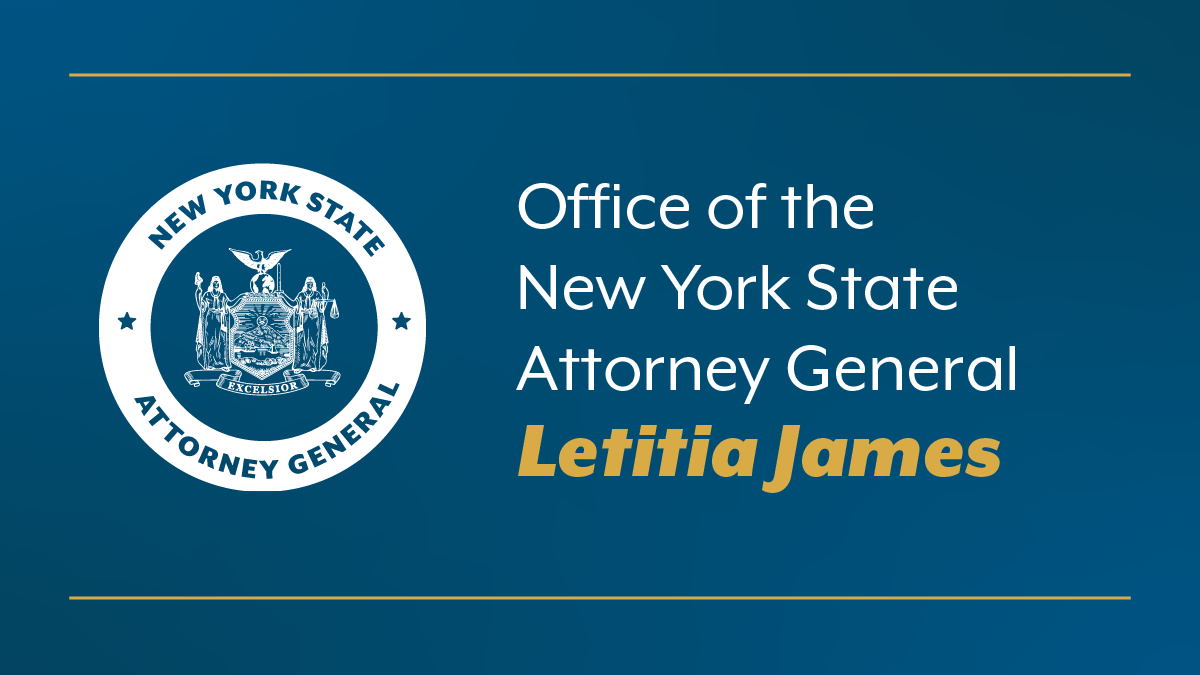- Joined
- Jun 19, 2013
- Messages
- 15,132
- Reaction score
- 17,887
- Gender
- Male
- Political Leaning
- Independent
They agreed that the trial should not have taken place under that judge. They 'reluctantly' agreed to leave the verdict in place to continue appeal.
Only 1 of the 4 judges said that. 4 felt the trail was correct, of those 4 -- 2 felt that Judge Engoron made an error on some technical aspect and that it should be returned to the trial court and retried.
WW

